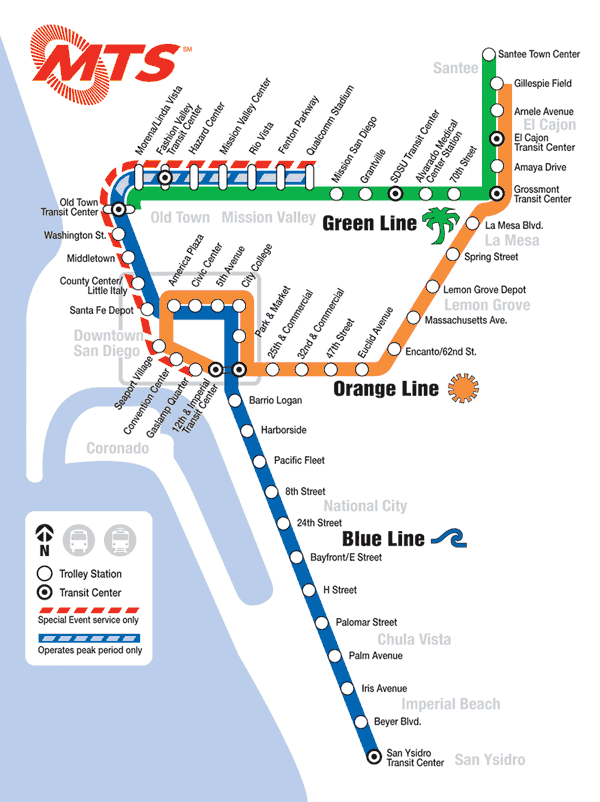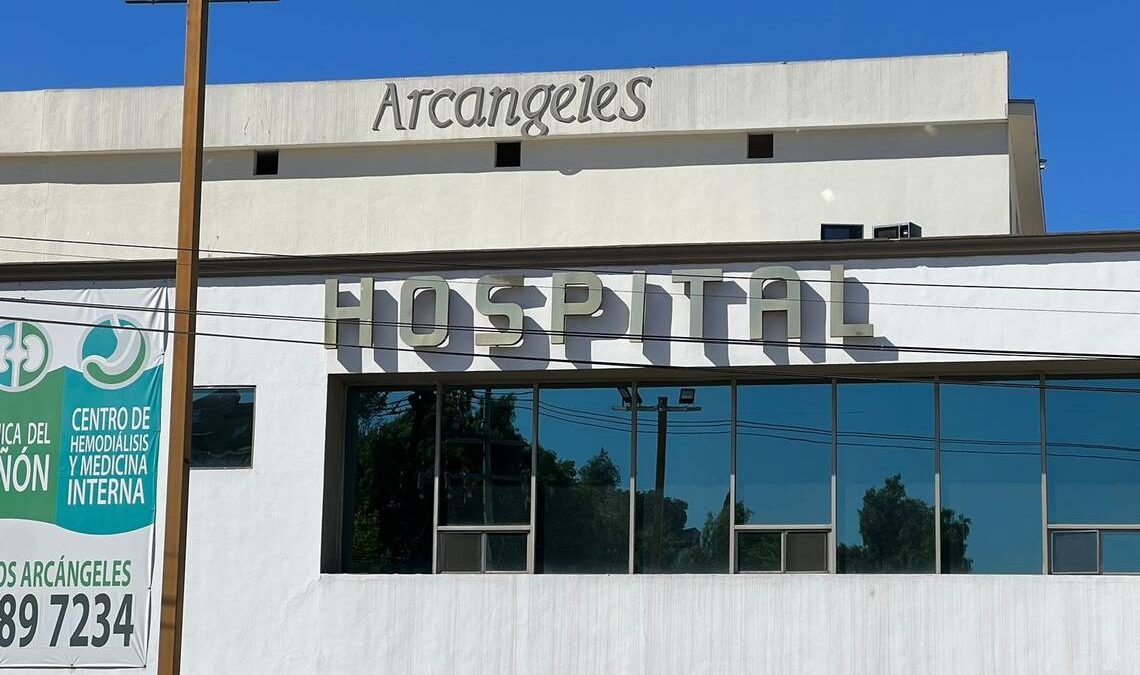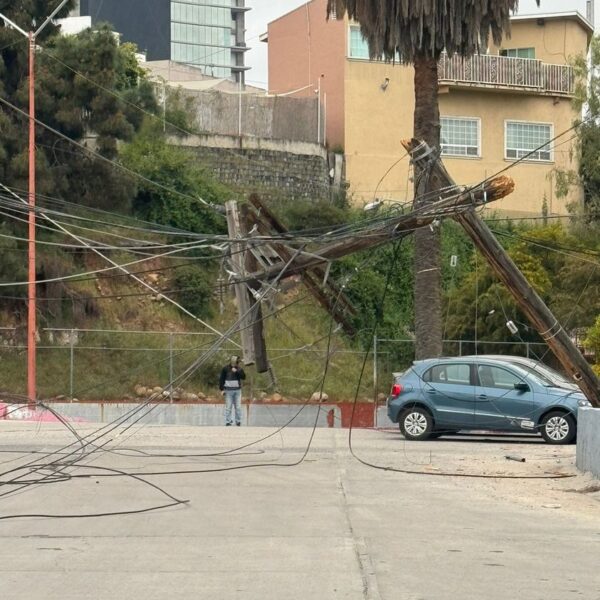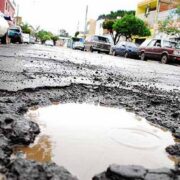SANDAG RESTABLECE EL RESTO DEL PLAN DE TRANSPORTE REGIONAL DE 2050 EIR LAWSUIT,EN SAN DIEGO
SAN DIEGO,CALIFORNIA,ABRIL 2018
La Asociación de Gobiernos de San Diego (SANDAG) anunció hoy que acordó pagar los honorarios de abogados para resolver
el resto de una demanda impugnando la revisión ambiental de su Plan de Transporte Regional 2050, cerrando un caso de años
durante el cual SANDAG prevaleció en el Corte Suprema de California en uno de los asuntos clave en la disputa.
Si bien el acuerdo resultará en aproximadamente $ 1.7 millones en honorarios de abogados que se pagarán a
los demandantes en el caso, no tendrá ningún impacto práctico en ningún proyecto o programa que esté siendo
implementado por la agencia. La demanda fue presentada contra el Informe de Impacto Ambiental (EIR) del Plan de
Transporte Regional 2050 (RTP) adoptado en 2011. Ese plan fue reemplazado por el plan actual - San Diego Forward:
El Plan Regional - y su EIR en 2015. Esa versión del plan no ha recibido desafíos legales.
El Consejo de Administración de SANDAG adoptó el 2050 RTP - un documento de planificación a largo plazo que delineó
$ 214 mil millones en inversiones de transporte - en 2011. La Cleveland National Forest Foundation y otros demandantes presentaron posteriormente una demanda contra el EIR, que es un documento separado que analiza el impactos ambientales del RTP.
Inicialmente, un tribunal de primera instancia falló a favor de los demandantes en la mayoría de los cargos,
y SANDAG apeló. A fines de 2014, un panel de tres jueces del Cuarto Tribunal de Apelaciones del Distrito emitió
una decisión dividida sobre si SANDAG cumplía plenamente con las leyes ambientales estatales al preparar el EIR para
su RTP. Dos de los tres jueces concluyeron que el EIR necesitaba hacer más análisis. El tercer juez no estuvo de acuerdo
y concluyó que SANDAG había aplicado los estándares correctos al analizar los impactos ambientales potenciales
del RTP. SANDAG luego apeló ante la Corte Suprema de California.
En marzo de 2015, la Corte Suprema acordó escuchar el caso, centrándose en si el EIR para un plan de transporte regional
debe incluir un análisis de la coherencia del plan con los objetivos de reducción de emisiones de gases de
efecto invernadero reflejados en la orden ejecutiva No. S-3 -05 para cumplir con la Ley de Calidad
Ambiental de California.
En un fallo emitido en julio de 2017, la Corte Suprema de California concluyó que SANDAG realizó adecuadamente el análisis
de gases de efecto invernadero en la revisión ambiental de su Plan de Transporte Regional 2050, encontrando que la agencia
"informó suficientemente al público, sobre la base de la información disponible en ese momento". , sobre los impactos
de los gases de efecto invernadero en el plan regional ".
El tribunal superior luego remitió los asuntos restantes planteados en la demanda al Tribunal de Apelaciones,
que desde entonces ha remitido el caso al tribunal de primera instancia para su disposición final.
Las partes han negociado desde entonces el acuerdo anunciado hoy, que resultará en el pago de los honorarios
de los abogados y la descertificación del EIR 2011 para el Plan de Transporte Regional 2050. Esto no tendrá
ningún impacto práctico porque el documento ha sido reemplazado por la versión más reciente del EIR y el RTP
adoptados por la Junta en 2015. La ley federal exige que el RTP de la región se actualice cada cuatro años.
Actualmente, SANDAG está desarrollando la próxima iteración del plan, que se espera que se adopte en el otoño de 2019.
Hay más información disponible sobre ese proceso en: SDForward.com
SANDAG SETTLES REMAINDER OF 2050 REGIONAL TRANSPORTATION PLAN EIR LAWSUIT
The San Diego Association of Governments (SANDAG) announced today that it has agreed to pay attorney’s fees to settle the remainder of a lawsuit challenging the environmental review of its 2050 Regional Transportation Plan – winding up a years’ long case during which SANDAG prevailed at the California Supreme Court on one of the key issues in the dispute.
While the settlement will result in approximately $1.7 million in attorney’s fees being paid to the plaintiffs in the case, it will have no practical impact on any projects or programs being implemented by the agency. The lawsuit was filed challenging the Environmental Impact Report (EIR) for the 2050 Regional Transportation Plan (RTP) adopted in 2011. That plan was superseded by the current plan – San Diego Forward: The Regional Plan – and its EIR in 2015. That version of the plan has received no legal challenges.
The SANDAG Board of Directors adopted the 2050 RTP – a long-range planning document that outlined $214 billion in transportation investments – in 2011. The Cleveland National Forest Foundation and other plaintiffs subsequently filed suit challenging the EIR, which is a separate document that analyzes the environmental impacts of the RTP.
A trial court initially ruled in favor of the plaintiffs on most counts, and SANDAG appealed. In late 2014, a three-judge panel of the Fourth District Court of Appeal issued a split decision on whether SANDAG fully complied with state environmental laws in preparing the EIR for its RTP. Two of the three justices concluded that the EIR needed to do more analysis. The third justice disagreed, concluding that SANDAG had applied the correct standards in analyzing the potential environmental impacts of the RTP. SANDAG then appealed to the California Supreme Court.
In March 2015, the Supreme Court agreed to hear the case, focusing on the issue of whether the EIR for a regional transportation plan must include an analysis of the plan’s consistency with the greenhouse gas emission reduction goals reflected in Executive Order No. S-3-05 to comply with the California Environmental Quality Act.
In a ruling released in July 2017, the California Supreme Court concluded that SANDAG properly conducted the greenhouse gas analysis in the environmental review of its 2050 Regional Transportation Plan, finding that the agency “sufficiently informed the public, based on the information available at the time, about the regional plan‘s greenhouse gas impacts.”
The high court then remanded the remaining issues raised in the lawsuit back to the Court of Appeal, which has since remanded the case to the trial court for final disposition.
The parties have since negotiated the settlement announced today, which will result in the payment of attorney’s fees and the decertification of the 2011 EIR for the 2050 Regional Transportation Plan. This will have no practical impact because the document has since been replaced by the latest version of the EIR and RTP adopted by the Board in 2015. Federal law requires that the region’s RTP be updated every four years. SANDAG is currently developing the next iteration of the plan, which is expected to be adopted in fall 2019. More information is available about that process at: SDForward.com
About SANDAG
The San Diego Association of Governments (SANDAG) is the San Diego region’s primary public planning, transportation, and research agency, providing the public forum for regional policy decisions about growth, transportation planning and construction, environmental management, housing, open space, energy, public safety, and binational topics. SANDAG is governed by a Board of Directors composed of mayors, council members, and supervisors from each of the region’s 18 cities and the county government.









